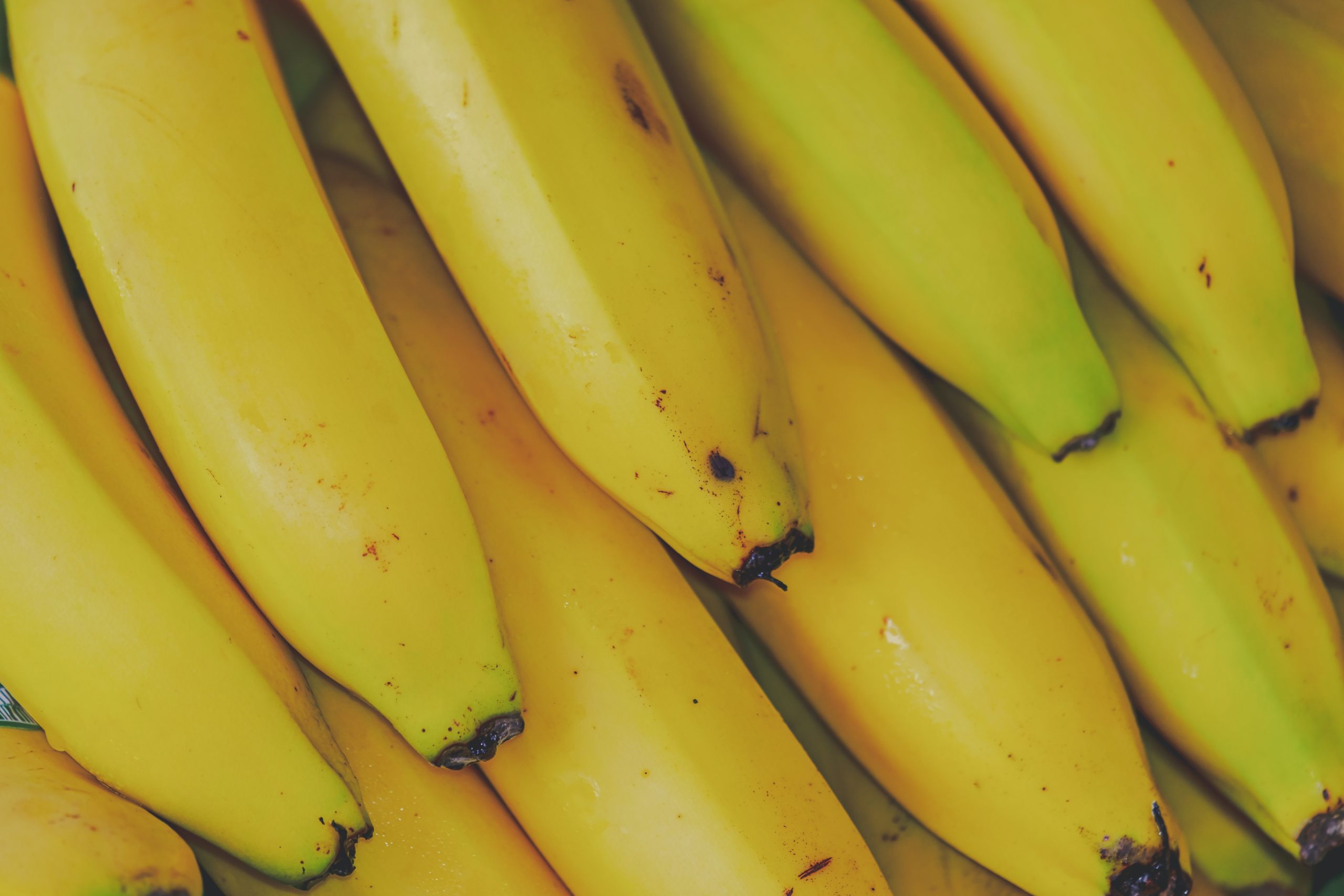Alkaline minerals in the body: potassium and co.
We had already mentioned in an earlier article that the PRAL value is a method of measuring whether and how alkaline a food is in the body. This method compares some alkalising minerals and other components of food with other acidic ingredients. The most important alkalising minerals found in the PRAL value are presented here.
1. potassium
Potassium is an important mineral that is responsible for many functions in the body and has an alkalising effect on the body. Some of its main functions are energy production and the storage of glycogen - an important source of energy in the body - in the muscle cells. Potassium is also the most important mineral for regulating the pH value and the acid-base balance in the body by neutralising acids and forming bases. Our body also needs potassium for the proper functioning of the nervous system, the heart muscle, the maintenance of blood pressure and muscle contraction.
Unfortunately, our body loses potassium through sweating, e.g. in hot temperatures, intensive sport or during a detoxifying sauna session. This is why alkaline nutrition is also important for people who take care of their health by exercising, going to the sauna and sunbathing, in order to keep the potassium balance at a healthy level. Foods rich in potassium primarily include plant-based foods such as vegetables, fruit, pulses, nuts and herbs. Accordingly, we eat Alkaline fasting favour potatoes, bananas, avocado, tomatoes and green leafy vegetables, which are particularly rich in potassium, and avoid alcohol and caffeinated drinks, which can promote potassium loss.
2. magnesium
Magnesium is also a very important mineral in our body and is one of the alkaline minerals. It is involved in many important functions, such as muscle contraction, communication between nerve cells and between nerve and muscle cells, as well as in cardiac activity. Magnesium also plays an important role in the formation of bones and teeth. Despite the fact that magnesium is contained in many foods, the magnesium content can be reduced by incorrect processing such as cooking for too long. For this reason, alkaline fasting emphasises the importance of processing food carefully.
Magnesium is found in foods such as wholemeal products, nuts, pulses and green vegetables. However, some of these are considered alkalis due to other components, which is why we mainly consume magnesium from green vegetables such as broccoli, peas and beans during alkaline fasting; from fresh fruit such as bananas and raspberries and dried fruit such as figs, dates and apricots; and from seeds such as pumpkin seeds and sunflower seeds. Magnesium has a relaxing effect and helps counteract muscle tension, so these foods are also recommended for muscle cramps.
3. calcium
In contrast to the relaxing effect of magnesium, calcium has an activating effect on muscles. Among the foods we eat during alkaline fasting, it is found in vegetables, especially in cabbage, spinach and broccoli; in all fruit, especially dried fruit; and generally in nuts and seeds, especially pumpkin seeds and poppy seeds. However, calcium from plant sources is not absorbed as well as from animal sources, which are not included in alkaline fasting. Absorption is favoured by vitamin D, so it helps to spend time in the fresh air every day and soak up as much sun as possible. Magnesium also helps with the absorption of calcium.
Calcium is one of the most important components of our bones. As the bones store calcium, an imbalance in the acid-alkaline balance can lead to calcium being pulled out of the bones. This is another reason why it is helpful to help the body to maintain the pH value with an alkaline diet and to ensure that we have sufficient calcium and vitamin D in our diet.








